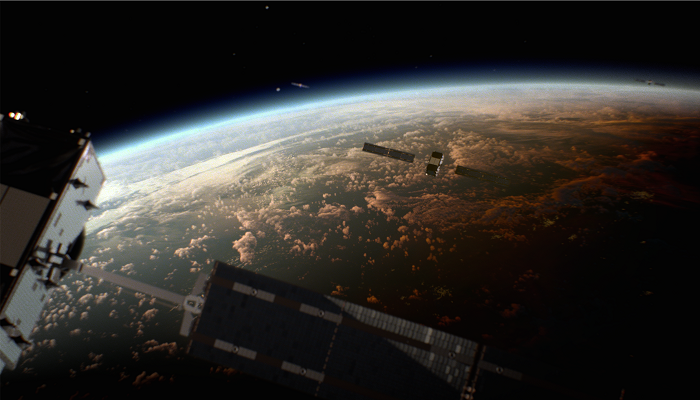
The European Union activated its Galileo satellite navigation system in December 2016. The EU is dedicated to setting this system apart from other navigation systems such as GPS – the US counterpart of Galileo. Researchers from the Department of Electrical Engineering at KU Leuven (University of Leuven, Belgium) have now risen to this challenge as well: they designed authentication features that will make it even more difficult to send out false Galileo signals.
Navigation systems are based on satellites that send out signals, including their location. The distance to four or more satellites makes it possible to determine someone’s geographical position and time. But this process may go wrong when hackers send out signals of their own that drown out the real ones. As the authentic signals are blocked, the position information for the navigation system is no longer correct.

Professor Vincent Rijmen and doctoral student Tomer Ashur from the Department of Electrical Engineering (ESAT) at KU Leuven have now advised the European Commission on ways to make Galileo signals more difficult to falsify. Their authentication method involves electronic signatures, similar to methods used for online banking.
To avoid delaying the launch of Galileo the researchers could only use the remaining ‘bits’ in the signals for authentication purposes. “This is why we support the TESLA method for electronic signatures,” Professor Rijmen explains. “TESLA signatures fit into 100 bits. They quickly expire, but this is not a disadvantage in the case of satellite navigation because the location is authenticated every 30 seconds or less anyway.”
The method still needs to be tested and validated before it can be made available to the general public. “The authentication service is scheduled to become publicly available on a number of Galileo satellites in 2018,” according to Professor Rijmen. “By 2020 the method will be fully operational. To use it, however, you will need a special receiver for Galileo signals that can also verify the electronic signatures. These receivers are currently in development.”
For more information visit: http//www.kuleuven.be/english/news/2017/falsifying-galileo-satellite-signals-will-become-more-difficult


















